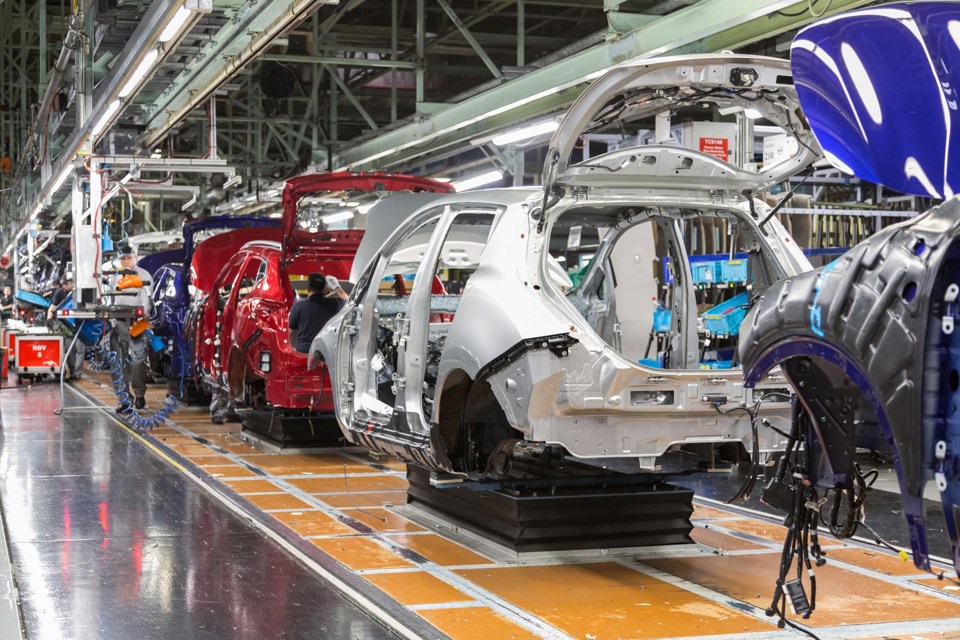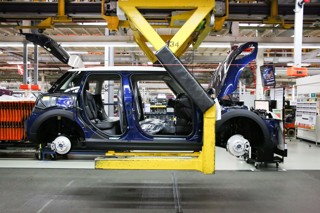The Society of Motor Manufacturers and Traders (SMMT) has called for progress on Brexit and a deal that as a minimum maintains customs union membership and delivers single market benefits.
The SMMT’s figures show that manufacturers invested £647.4 million in new models and factory improvements in the first six months of 2017. This dropped to £347.3m for the same period this year.
The SMMT said that ‘with investment slowing and time running out, negotiators must get on with the job of agreeing a deal that will put an end to uncertainty and prioritise the needs of the automotive sector’.
The call came as SMMT published the latest industry figures showing record turnover, the result of long planned investments, but amid growing concern that progress could be reversed in the absence of clarity on our future regulatory and customs relations with the EU.
Mike Hawes, SMMT chief executive, said: “There is growing frustration in global boardrooms at the slow pace of negotiations.
“The current position, with conflicting messages and red lines goes directly against the interests of the UK automotive sector which has thrived on single market and customs union membership.”
Hawes said there is no credible ‘plan B’ for frictionless customs arrangements and it is also not realistic to expect new trade deals can be agreed with the rest of the world that will replicate the status quo.
Hawes said: “Government must rethink its position on the customs union.
“There is no Brexit dividend for our industry, particularly in what is an increasingly hostile and protectionist global trading environment. Our message to Government is that until it can demonstrate exactly how a new model for customs and trade with the EU can replicate the benefits we currently enjoy, don’t change it.”
Christian Stadler, of Warwick Business School, professor of strategic management, said: "Politicians may think a last minute deal will be thrashed out before the Brexit deadline on March 29 next year, but that doesn’t work for business. Investment decisions are being made now and in the car industry that is for the next 10 years or more, far longer than any transition period that has been talked about in some quarters.
"The decline in investment in the car industry in the UK is not a surprise, and the lack of any plan or resolution for Brexit will continue to have an impact on investments in the UK, businesses will have to play safe and look to invest elsewhere."





















Login to comment
Comments
No comments have been made yet.